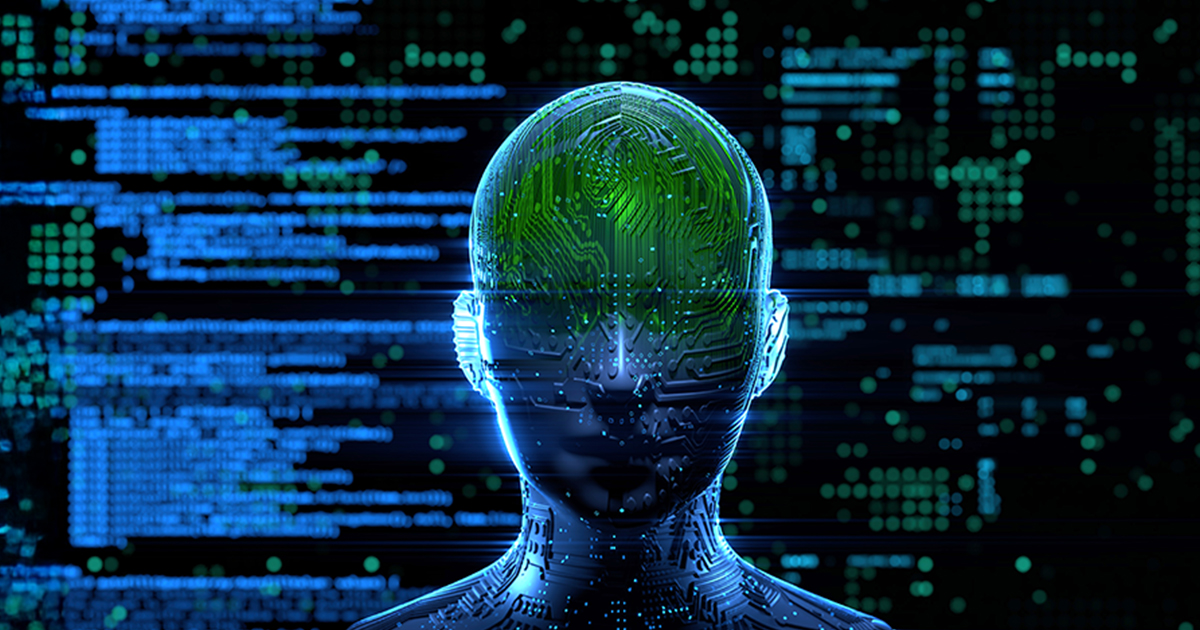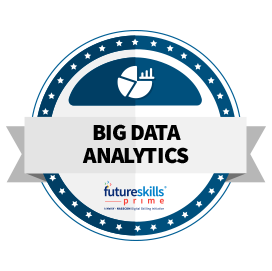Course Provider

What will you learn in this Data Science Course?
- The Master’s in Data Science equips you with both theoretical knowledge and practical skills to solve complex problems using data.You will begin by learning programming languages like Python and R, essential for data manipulation and statistical analysis.
- The curriculum will introduce you to machine learning algorithms, enabling you to build predictive models and classify data effectively. You'll dive into big data technologies such as Hadoop and Spark to handle large-scale datasets.
- Courses in data mining, data visualization, and data engineering will provide a comprehensive understanding of the entire data science pipeline. You’ll also explore cloud computing platforms such as AWS and Azure to deploy machine learning models.
- Case studies and real-world projects will allow you to apply your learning in sectors like healthcare, finance, and e-commerce.
- Graduates are prepared for roles such as data scientists, machine learning engineers, or data consultants.
Master’s in Data Science
-
 Skill Type
Emerging Tech
Skill Type
Emerging Tech -
 Domain
Big Data Analytics
Domain
Big Data Analytics -
 Course Category
Deepskilling Course
Course Category
Deepskilling Course -
 Certificate Earned Joint Co-Branded Participation Certificate
Certificate Earned Joint Co-Branded Participation Certificate -
 Nasscom assessment Coming Soon
Nasscom assessment Coming Soon -
 Course Covered under GoI Incentive
No
Course Covered under GoI Incentive
No -
-
 Course Price
INR 37,000+ 18% GST
Course Price
INR 37,000+ 18% GST -
 Course Duration
120 Hours
Course Duration
120 Hours
-
Why should you take this Data Science Course?
- A Master’s in Data Science is essential for those looking to delve deeper into solving complex problems with data, a crucial aspect in industries like healthcare, finance, marketing, and e-commerce.
- The course trains you in high-demand skills such as machine learning, big data handling, and predictive modeling, which are pivotal in deriving insights from vast datasets. As data continues to grow exponentially, the need for data scientists who can interpret, model, and apply algorithms has skyrocketed.
- This program not only offers technical proficiency in Python, R, and cloud computing but also provides the ability to work on real-world projects across various domains.
- By mastering data science, you’ll be equipped to take on high-impact roles like data scientist, machine learning engineer, or data consultant, all of which are in demand across global industries. It’s a career that offers intellectual challenge, job security, and excellent salary prospects.
Who should take this Data Science Course?
- This course is ideal for professionals and graduates in business, finance, marketing, or IT looking to enhance their decision-making skills through data.
- Anyone interested in leveraging data-driven insights for business optimization and aspiring to become a data analyst or business analyst should enroll.
Curriculum
- The program begins with Programming Foundations in Python and R, focusing on data manipulation, visualization, and basic statistical analysis. Mathematics for Data Science, covering linear algebra, calculus, and probability theory, follows to strengthen your understanding of underlying data science concepts.
- The course progresses into Machine Learning, where you will learn supervised and unsupervised algorithms, including regression, classification, clustering, and deep learning models.
- You’ll work with tools like Scikit-learn, TensorFlow, and Keras. Big Data Technologies like Hadoop and Apache Spark are also part of the curriculum, equipping you to handle large datasets and perform distributed computing.
- In Data Engineering, you’ll learn about data pipelines, ETL processes, and working with SQL and NoSQL databases.
- Courses in Data Visualization (Tableau, Seaborn) and Data Mining will further enhance your ability to interpret and present insights.
- The final stages of the curriculum include a Capstone Project, where you apply your knowledge to build predictive models or analyze big datasets, and electives in specialized areas like Natural Language Processing (NLP) and AI for Data Science.
Tools you will learn in this Data Science Course
The program covers tools such as –
- Python (Scikit-learn, Pandas, NumPy)
- R for statistical computing, SQL for databases
- TensorFlow
- Keras for deep learning
- Hadoop
- Apache Spark for big data.
- Visualization tools like Tableau and Seaborn are also included.
FAQs
A background in mathematics, statistics, or computer science is helpful, but our programs provide foundational courses, making them accessible to beginners with strong analytical skills and a willingness to learn.
Most Master’s programs take 6 months to complete, depending on your pace, the course structure, and whether you're studying part-time or full-time.
Graduates can pursue roles such as Data Analyst, Data Scientist, Machine Learning Engineer, AI Engineer, Business Analyst, and Consultant across various industries like finance, healthcare, e-commerce, and tech.
No programming experience is not needed for these courses.
Yes, this program includes hands-on projects and capstone assignments, allowing you to apply learned skills to real-world datasets and industry-specific problems.
A background in mathematics, statistics, or computer science is helpful, but our programs provide foundational courses, making them accessible to beginners with strong analytical skills and a willingness to learn.
Most Master’s programs take 6 months to complete, depending on your pace, the course structure, and whether you're studying part-time or full-time.
Graduates can pursue roles such as Data Analyst, Data Scientist, Machine Learning Engineer, AI Engineer, Business Analyst, and Consultant across various industries like finance, healthcare, e-commerce, and tech.
No programming experience is not needed for these courses.
Yes, this program includes hands-on projects and capstone assignments, allowing you to apply learned skills to real-world datasets and industry-specific problems."



